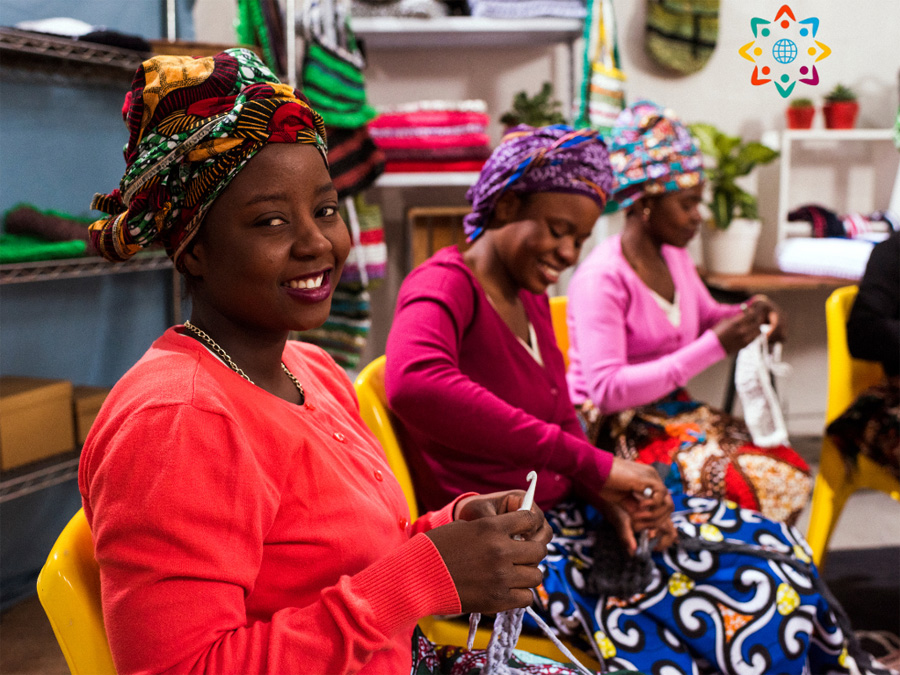
Entrepreneurship among African women is a dynamic and growing field that plays a crucial role in economic development, poverty reduction, and women’s empowerment across the continent. Here are some key aspects related to entrepreneurship and African women:
Entrepreneurial Opportunities:
African women engage in various entrepreneurial activities, including small-scale businesses, agriculture, retail, and services. There is a rich diversity of businesses, from traditional enterprises to technology-driven startups.
Challenges Faced:
African women entrepreneurs often face unique challenges, including limited access to financial resources, gender-based discrimination, cultural norms, and inadequate infrastructure. Overcoming these barriers is essential for the sustained growth of women-led businesses.
Access to Finance:
Limited access to capital is a significant barrier for women entrepreneurs. Financial institutions may be hesitant to provide loans to women due to traditional gender biases. Microfinance initiatives and women-focused investment programs aim to address this issue and provide women with the financial resources needed to start and grow their businesses.
Capacity Building and Training:
Entrepreneurial education and training programs are crucial for equipping women with the skills and knowledge needed to run successful businesses. These programs cover areas such as business management, financial literacy, and marketing strategies.
Technology and Innovation:
The use of technology, including mobile phones and internet connectivity, has opened up new opportunities for African women entrepreneurs. E-commerce, digital marketing, and mobile banking are examples of how technology is being leveraged to overcome traditional barriers.
Social Entrepreneurship:
Many African women entrepreneurs are involved in social entrepreneurship, addressing community needs and contributing to sustainable development. These ventures often have a dual purpose of making a profit while positively impacting society.
Networking and Support:
Women-focused entrepreneurial networks and support systems are emerging across Africa. These networks provide mentorship, guidance, and a platform for women to connect and share experiences. Supportive ecosystems are essential for fostering a conducive environment for women in business.
Policy and Advocacy:
Governments and non-governmental organizations are increasingly recognizing the importance of supporting women entrepreneurs through policy initiatives and advocacy efforts. Creating an enabling environment with gender-inclusive policies can significantly contribute to the growth of women-led businesses.
Success Stories:
Celebrating and showcasing successful African women entrepreneurs can serve as inspiration for others. Highlighting role models can encourage aspiring women entrepreneurs and demonstrate the potential for success in various industries.
Sustainable Development Goals (SDGs):
Women’s entrepreneurship aligns with several Sustainable Development Goals, including gender equality, poverty reduction, and economic growth. Supporting women entrepreneurs contributes to broader development objectives.
Efforts to promote entrepreneurship among African women require a holistic approach that addresses social, economic, and cultural factors. By fostering an inclusive and supportive environment, African women can play a pivotal role in driving economic growth and creating positive social change across the continent.

